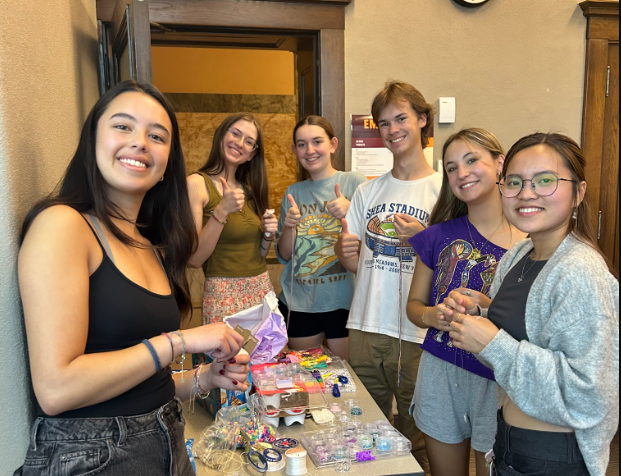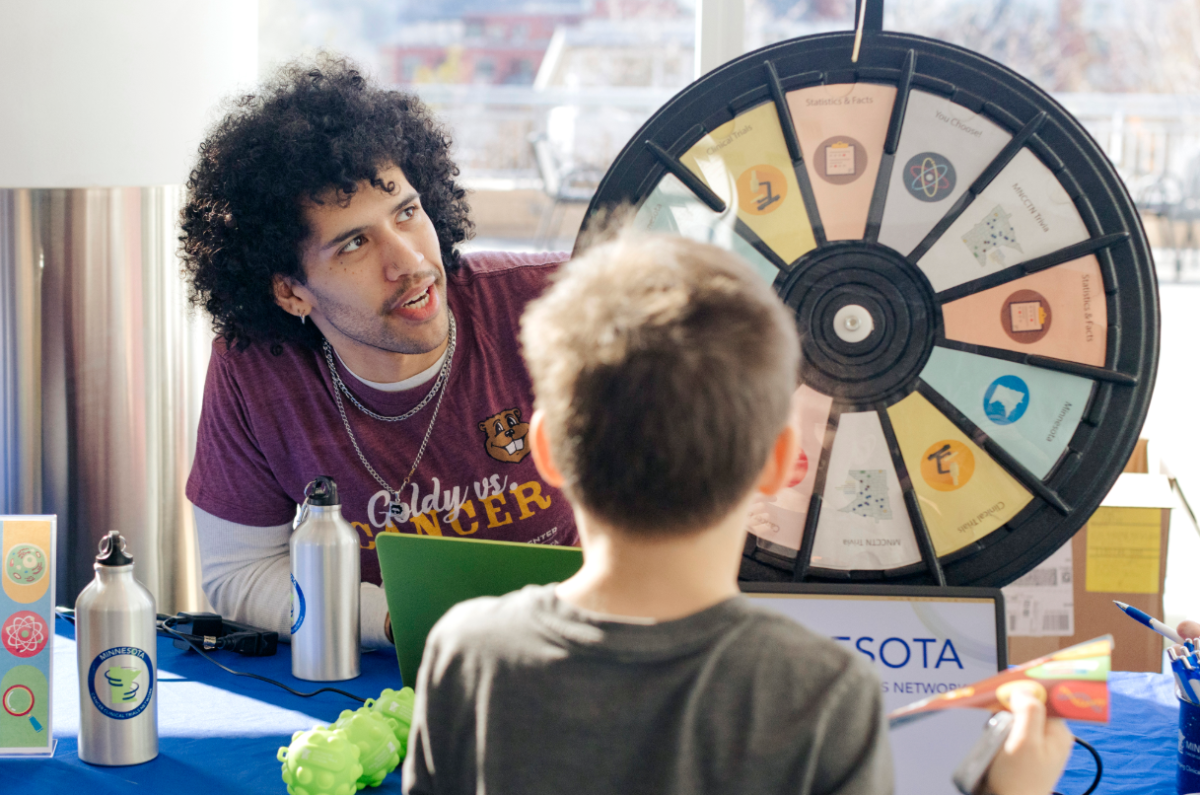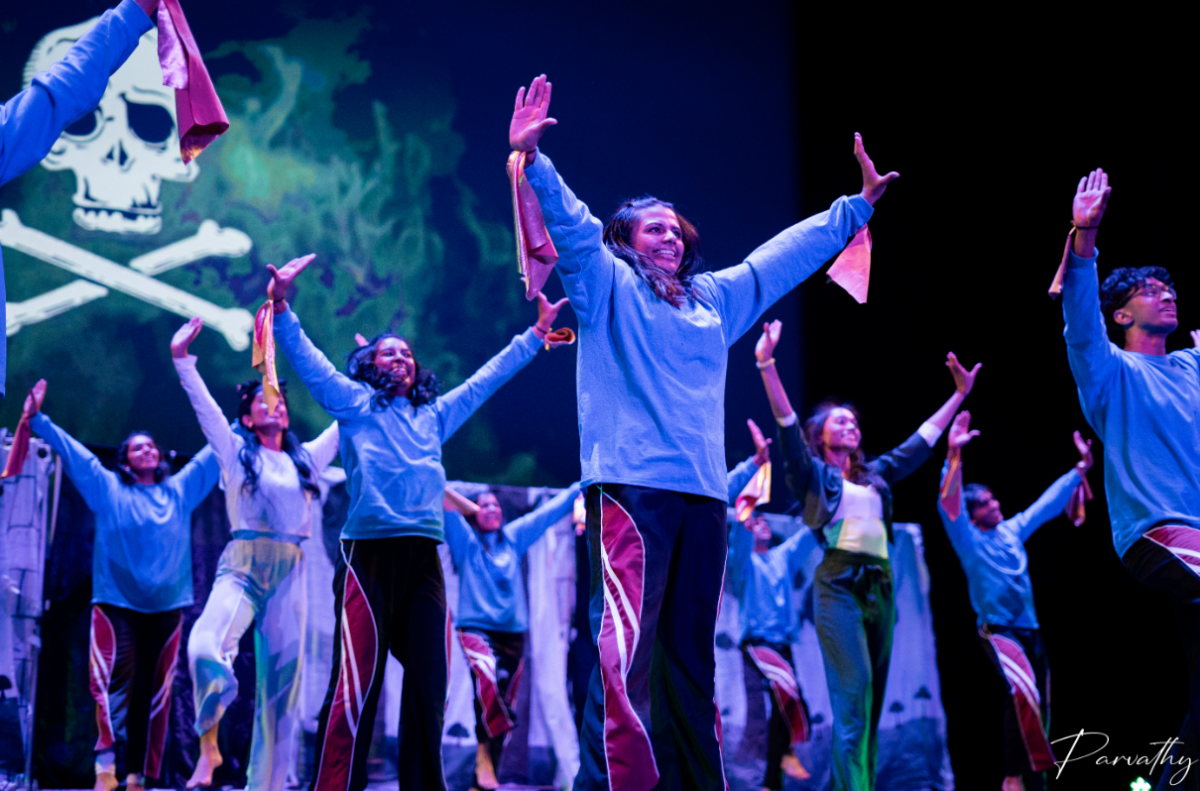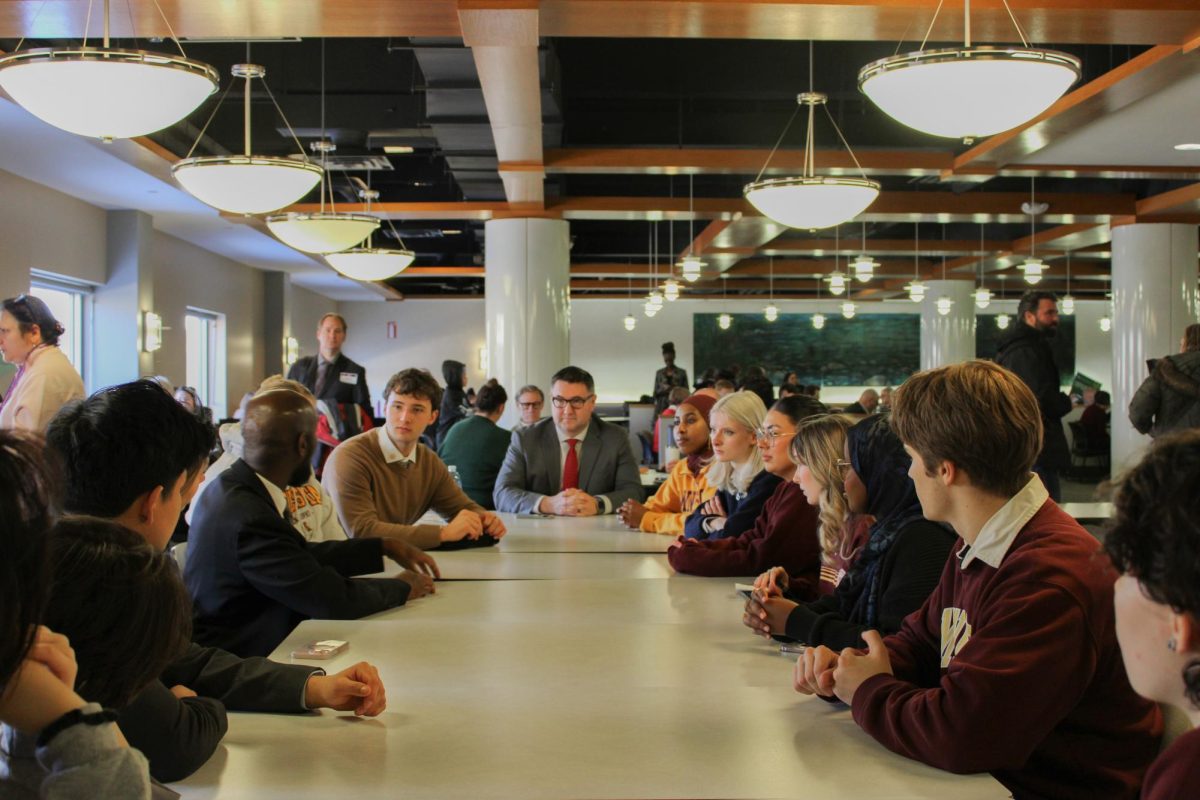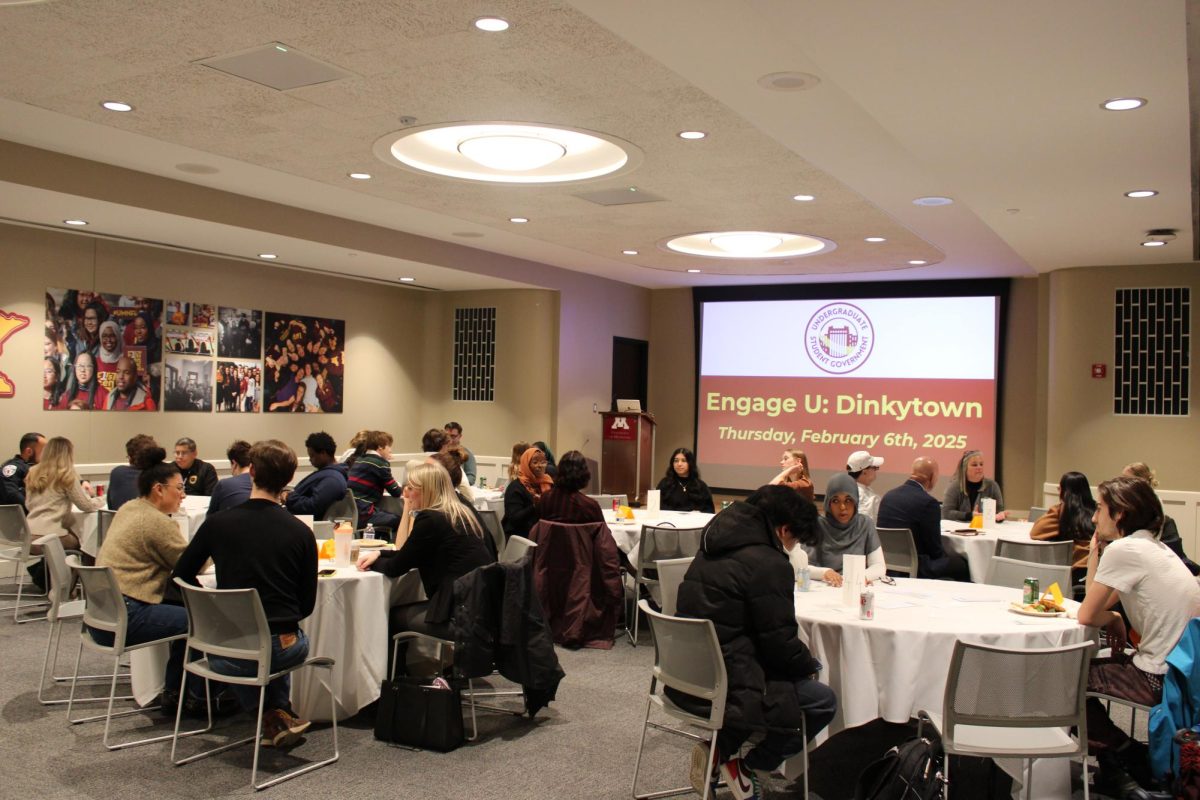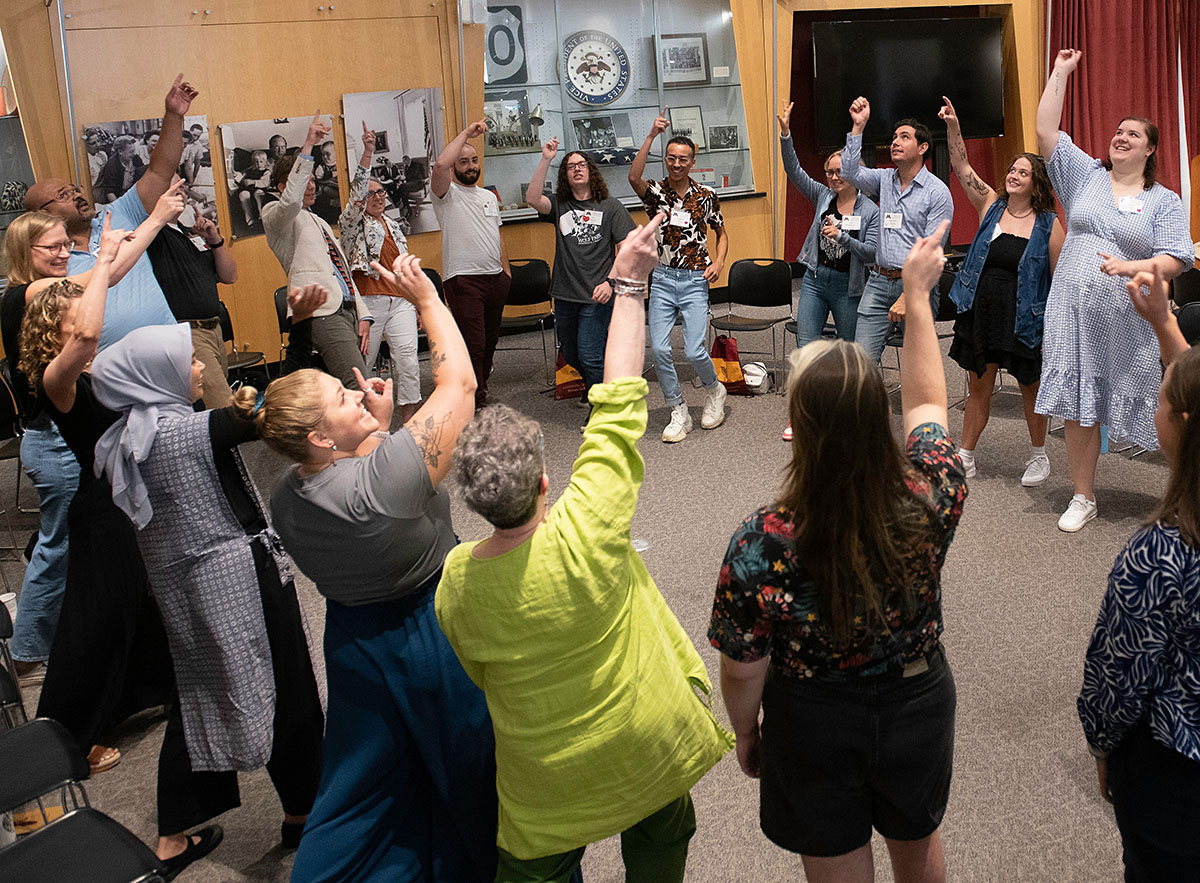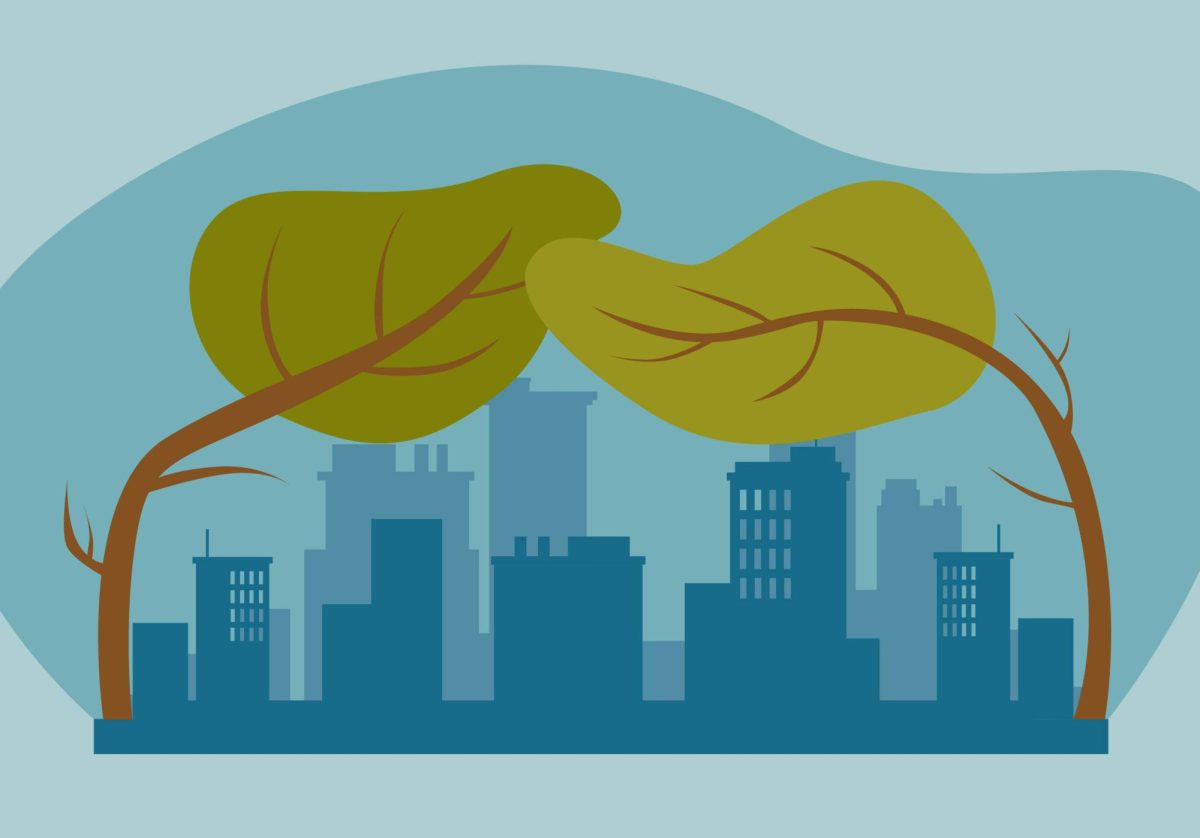The University of Minnesota’s She’s the First club (STF) is part of a national organization creating scholarships to support education for women in low-income countries.
The club holds fundraisers and weekly discussions where they discuss topics related to women’s empowerment and diversity, equity and inclusion.
Aparna Thiagarajan, a third-year student and the club’s treasurer, said each club member has the chance to hold a discussion.
“We give everyone an opportunity to gain both leadership and teambuilding skills, but the main goal of our club is to advocate for women and get the word out about issues as much as possible,” Thiagarajan said.
Thiagarajan said the club tries to host at least three fundraisers each semester. The proceeds go directly to the national organization to create the scholarships.
“Our most successful fundraising events from the time that I have been involved with the club have been bake sales,” Thiagarajan said. “We try to do seasonal bake sales a lot during Halloween, Thanksgiving and Christmas because those just do so well.”
Lydia Abels, a fourth-year student and co-president of the club, said the main issues affecting girls worldwide are access and cost of education, which is something the club focuses on through their fundraisers.
“A lot of times in low-income countries, there are traditions of child brides, and once you have your first period you are expected to bear children,” Abels said. “We try to help girls go against societal expectations by providing them with financial security.”
Thiagarajan said the club also holds tabling events where members hand out cards with statistics related to issues affecting women around the world.
“We try to hold as many events like this as possible in order to spread information even if those people do not end up attending our general meetings,” Thiagarajan said.
Areej Suri, a fourth-year student and the club’s other co-president, said spreading awareness is important to the club’s cause.
“We like to stay active on social media because we believe that, as college students, you don’t have a lot of money or time, but what you can do is spread awareness,” Suri said.
Suri added issues surrounding women’s education are international.
“You have to be the one to make a change,” Suri said. “You can’t really expect someone else to do it.”
The club brings in a broad range of speakers, from professors on campus to others who simply show interest, who share their experiences and raise awareness, Thiagarajan added.
“Sometimes our discussions only include four to five people,” Thiagarajan said. “The goal is not to have a bunch of people, but educating even one person can make a big difference in the future.”
Thiagarajan said she wants students to learn more about the importance of activism and how they can contribute to gender equality efforts through small initiatives.
In addition to the discussions and fundraising, Abels said the club also participates in leadership workshops and bonding events.
Each year, the club’s executive team has the option to visit the nationwide STF Summit, Abels said. Here, they learn from the national chapter about organizing fundraisers and how to navigate their identities as women, people of color or first-generation students.
Suri said the club is careful in the language they use in order to make sure it is as inclusive as possible.
“We really do not want to have a white savior mentality, and we try to be really careful with our language,” Suri said. “We try not to say we sponsor girls or are doing charity work.”
Once a chapter in STF raises $400, Suri said the chapter can get paired with a girl and communicate with her about the impact they made on her life.
“It is really inspiring to see girls writing back to us and expressing how thankful they are or how motivated they are to finish their studies,” Suri said. “That’s something that is really motivating to us.”
Thiagarajan said STF allowed her to meet inspiring people who are very connected with what is important to them.
“Sometimes we forget in the midst of being in college that going to class, doing homework and studying is a privilege we are able to afford,” Thiagarajan said.


